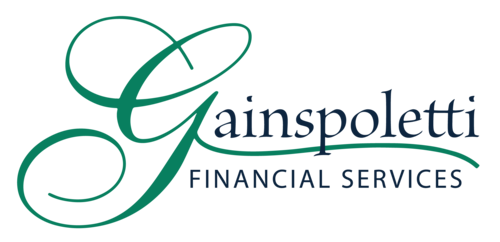Building a nest egg that will see you through your golden years is something many people are looking forward to.
If you’re one of them, the good news is that there are a variety of retirement wealth management strategies out there that can help make it a reality.
Wealth management strategies are key to helping you save as much money as possible while still enjoying the lifestyle you want during retirement.
You can use a variety of tools online or through a professional financial advisor, but here are seven steps toward building a solid financial plan in advance of retirement.
- Find out how much money you want to save—and what kind of lifestyle you want during retirement.
Having a good understanding of your financial situation will help you make the most appropriate decisions when it comes to reducing or managing your debt. You’ll want to look at your current situation and identify what you need–and what you don’t need–to be happy in retirement. Then, determine how much money you need per month to make ends meet, and how much more you’d like to have saved up when it comes time to stop working altogether.
- Reduce debt if possible–or at least keep it under control.
The ideal strategy for retirement typically includes ways to reduce your debt, so that you can focus on building wealth and striving for financial freedom. This can be done by budgeting, paying off credit cards and other loans, refinancing student loans if necessary, and even by consolidating debts into one loan.
- Keep track of your 401(k)
Retirement planning is an important part of financial planning and the 401(k) plan is one of the best ways to save for retirement. It allows you to save money on taxes now and grow your savings over time to keep you on track with your goals for retiring early or saving more money for later down the road.
- Take inflation and taxes into account when considering cashing out investments
Inflation can erode the value of your investments over time, while taxes can have the potential to take away a significant chunk of your retirement savings. Planning ahead for these factors will help you make sure that you have enough money saved up for retirement.
- Maximize your employer-sponsored retirement benefits
As you plan for retirement, your employer-sponsored retirement savings plan is an invaluable tool to help you reach your financial goals faster and with less effort. If your employer doesn’t offer this benefit, consider working with a financial advisor who specializes in retirement planning so they can help calculate the amount you will need in order to reach your financial goals.
- Diversify your investments–and don’t put all your eggs in one basket!
Having a diversified portfolio is essential for any retirement plan, as it helps spread out risks and maximize returns. By diversifying your investments, you can help protect yourself from market volatility while also taking advantage of potential growth opportunities. Investing wisely now can help ensure that you have the resources available when it’s time to retire.
- Look into long-term care benefits
It is never too early to start thinking about investing in long-term care benefits. Wealth management professionals can help you look into insurance options which can provide financial protection in the event of a health crisis or an extended period of care when you are no longer able to work and support yourself financially.
Take the worry out of planning for your future! At Gainspoletti Financial Services, we provide comprehensive financial planning to bring your vision into sharper focus, so you can enjoy the lifestyle you want and deserve. We analyze your current situation to help you remain on track to help achieve all you’ve envisioned from retirement, identifying sources of income and expenses to create and adhere to a tax-efficient withdrawal strategy.
Any opinions are those of Gary Gainspoletti, CPA, CFP®, Russell Gainspoletti, CPA, CFP®, or Brandyn Skeen, CFP®, and not necessarily those of Raymond James. This information is intended to be educational and is not tailored to the investment needs of any specific investor. The information contained in this report does not purport to be a complete description of the securities, markets, or developments referred to in this material. The information has been obtained from sources considered to be reliable, but we do not guarantee that the foregoing material is accurate or complete, it is not a statement of all available data necessary for making an investment decision, and it does not constitute a recommendation. Investing involves risk and you may incur a profit or loss regardless of strategy selected. Past performance is not indicative of future results.
Raymond James and its advisors do not offer tax or legal advice. You should discuss any tax or legal matters with the appropriate professional.
Certified Financial Planner Board of Standards, Inc. (CFP Board) owns the certification marks CFP® , CERTIFIED FINANCIAL PLANNER™, and CFP® (with plaque design) in the U.S., which it authorizes use of by individuals who successfully complete CFP Board’s initial and ongoing certification requirements.

